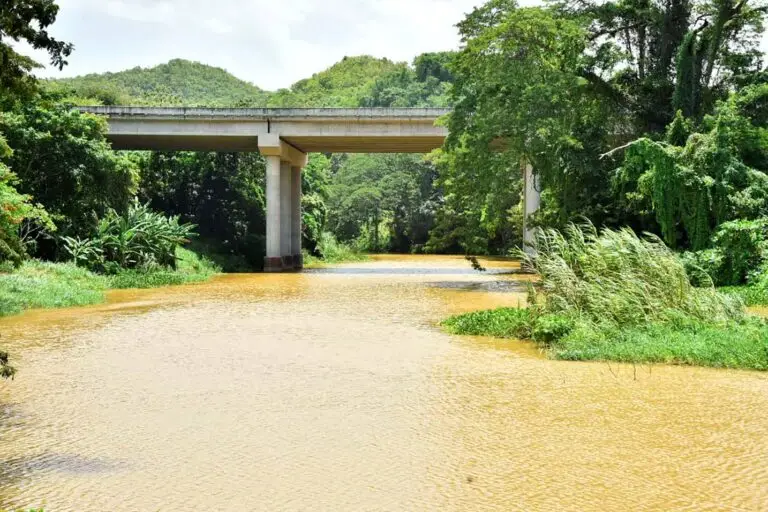The veil of secrecy surrounding a settlement between the National Environment and Planning Agency (NEPA) and Trade Winds Citrus Limited (TWCL) has ignited widespread controversy, culminating in the resignation of NEPA Chairman Weldon Maddan. The agreement, inked just before a legal case was dropped against TWCL for a 2023 oil spill in the Rio Cobre, has drawn sharp criticism for its lack of transparency and inclusion of a non-disclosure agreement (NDA).
A Settlement Cloaked in Secrecy
In December 2023, NEPA charged TWCL under the Wildlife Protection Act for polluting the Rio Cobre. The oil spill, which had devastating effects on the ecosystem, led to public outcry and legal proceedings. In response, TWCL reportedly took steps to mitigate further damage, including environmental remediation and transitioning away from heavy fuel oil in its operations.
However, it was the October 2024 mediation session, resulting in a confidential agreement, that raised eyebrows. The deal required TWCL to adopt best environmental practices and collaborate with NEPA on monitoring and sustainable solutions for the Rio Cobre. In exchange, the agency withdrew its case, with the settlement explicitly shielding TWCL from future claims or damages related to the spill.
The agreement, signed in the presence of legal representatives, also included a contentious confidentiality clause. The clause barred either party from disclosing the settlement’s existence, terms, or negotiations, further deepening public distrust.
Public Outrage and Leadership Fallout
News of the agreement’s secrecy triggered a backlash, with critics accusing NEPA of prioritizing corporate interests over environmental accountability. The uproar led to Maddan’s resignation, with Minister Matthew Samuda stating that the board failed to uphold transparency.
Samuda reassured Jamaicans of the Government’s commitment to environmental protection, emphasizing that the Rio Cobre is a vital natural resource. In a decisive move, he instructed NEPA to waive its rights under the NDA and prohibited the inclusion of such clauses in future agreements.
“This situation did not warrant an NDA,” Samuda declared, acknowledging public concerns about the lack of openness in handling the Rio Cobre’s rehabilitation.
The Wider Implications
The controversy underscores a growing tension between corporate responsibility and environmental oversight in Jamaica. While TWCL’s commitment to best practices is a step forward, the opacity of the process raises critical questions about governance and public trust.
As the Government pledges stricter oversight, the Rio Cobre case stands as a stark reminder of the need for greater transparency and accountability in protecting Jamaica’s natural heritage.

